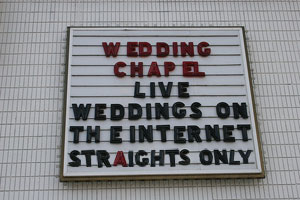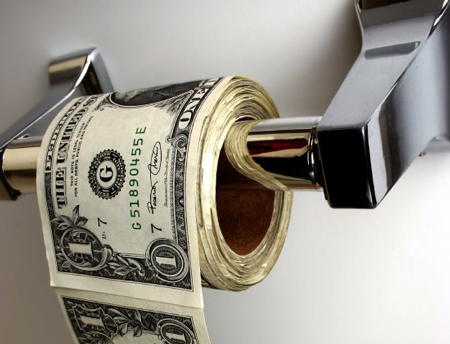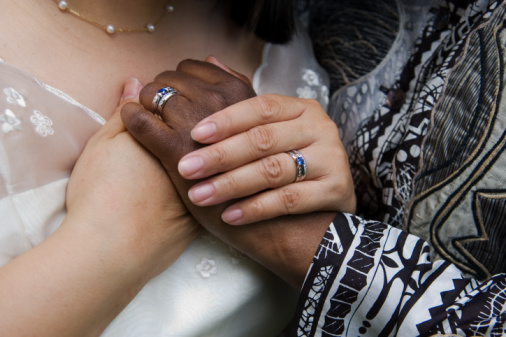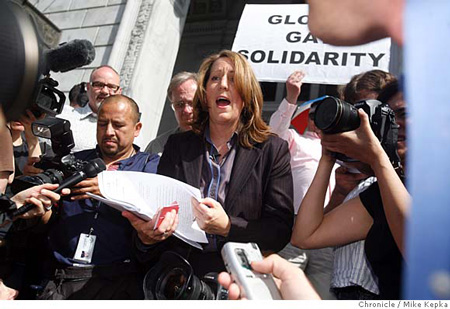THE LONG ROAD STAYS LONG

Some quick thoughts this morning.
First, it is really hard to believe it's been an entire year since Obama's election. I'll say this much - in politics (as it is in sports), it's more fun playing offense than defense. The 2010 midterm elections are likely to be a clusterf--- of remarkable proportions but at least we have a
Second, the passage of Maine's Prop 1 is dispiriting (not to mention surprising) and suggests that the road ahead is still long. The one bright spot is to note that a 4 point differential is slim enough that you can imagine that as American voters undergo a generational shift, it will shrink year by year.
I thought TNC had some good points to make here. He's interested (in this post) in debating the idea that those voting against gay marriage are not, in fact, bigoted. And Coates turns to the history of the Civil Rights Movement and the tenacity of White voters to hold onto Jim Crow voting practices and suggests that the same "logic" that defended those White voters from accusations of racism is similarly in place regarding anti-gay marriage voters. To wit:
"Hence the notion that those voting against gay marriage, are not actually, in the main, motivated by bigotry, but a belief in tradition and family. But very few people would actually ever describe themselves as bigots. We think we know so much about ourselves. This is a country--like many countries--which is deeply riven by ethnic bias, gender discrimination. And yet we don't seem to know any of the agents of that discrimination."
I would add one thing, because I've been reading Andrew Cherlin's The Marriage Go-Round and that is, when it comes to issues around marriage, Americans are caught up in a way that few other Western nations are. And what it is notably about this debate is that while there's likely a larger number of people opposed to any kind of state-sanctioned homosexual union, it's really the term "marriage" that makes the biggest difference here (and as Cherlin suggests, only here relative to other, similar nations). Therefore (and this is my conclusion, not Cherlin's per se), what would have to change socially is that both/either 1) the definition of marriage expands to include gay couples and/or 2) our premium on marriage subsides. I would suggest both are happening but I'm curious to ponder which (if any) is moving "faster". My guess is the former; I think marriage is still a widely held value and ideal amongst Americans but I think, over time, there has been less and less priority put on the idea that marriage is exclusively a heterosexual institution.
Labels: gay rights, politics






